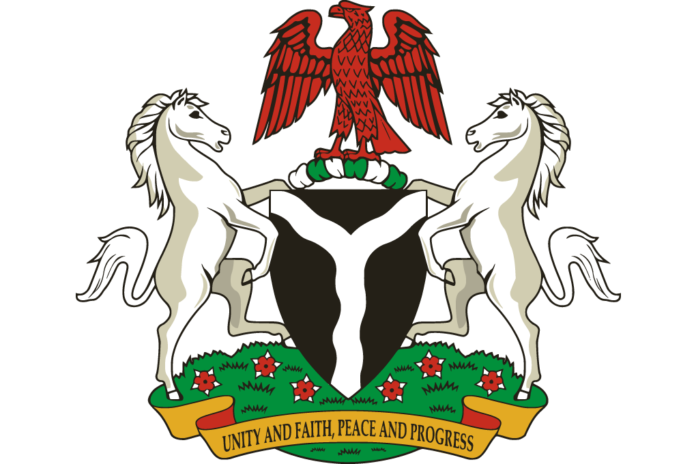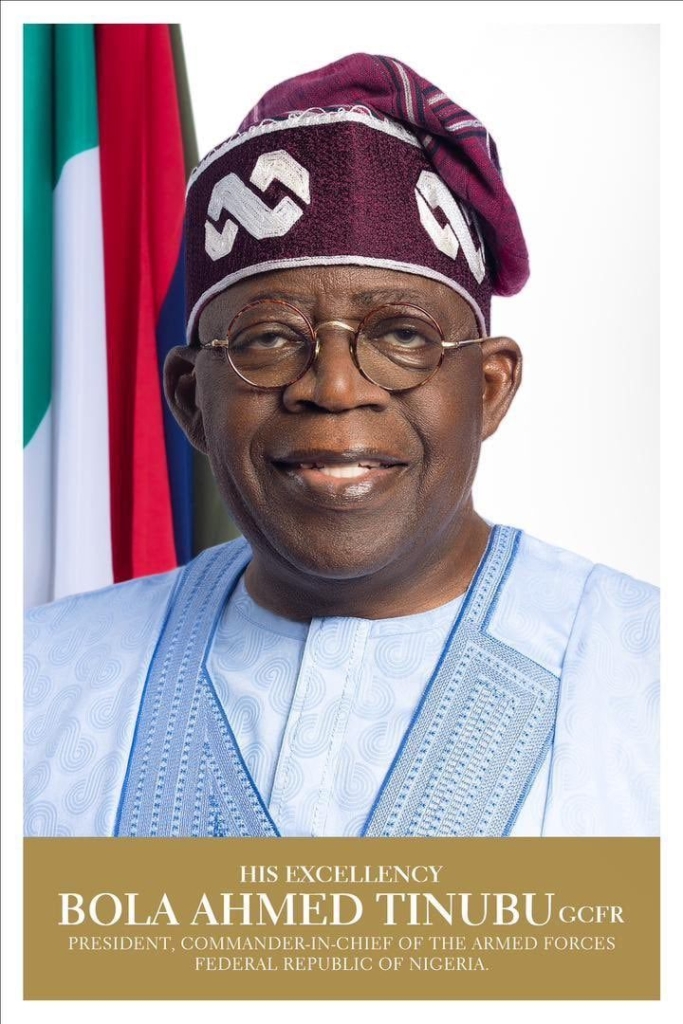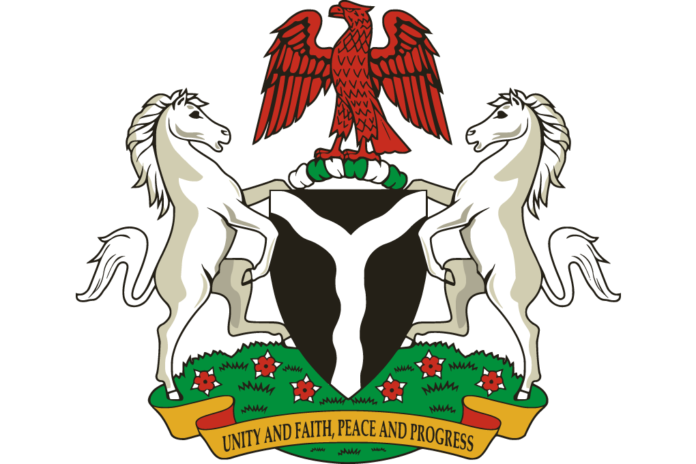Back ground
Nigeria is Africa’s largest crude oil and also has substantial deposits of tin, coal, and iron ore, Ghana is a leading gold exporter, with gold exports amounting to over US$ 7 billion in 2023, and is also rich in bauxite, manganese, and diamonds. Therefore, investing and doing business in these West African States is advantageous due to its favorable trade environment.
The Nigeria – Ghana have a complex and dynamic trade relationship that spans several decades. Historically, both countries have had a love-hate relationship, with periods of cooperation and tension. Nigeria and Ghana are the most knitted emotionally, culturally, commercially, and otherwise in the whole of Africa.
The tensions experienced by both countries were being blamed on bilateral trade differences. The Ghanaian government has a law that restricts foreigners from retail trade, Nigerians can be wholesalers but not retailers. Foreigners in Ghana cannot run small retail shops, but they can own wholesale firms or other businesses in which $1m (£782,000) has to be invested. Also, in implementing the law (Ghana Investment Promotion Centre Act, 2013) Ghanaian authorities was said to have conducted an audit of retail shops which necessitated the close down of over 300 Nigerian-run stalls in Ghana.
Nigeria on the other hand was accused by the Ghanaian Government of closing its border against goods from Ghana. The argument was that Nigeria by closing her Seme border hindered goods from Ghana entering into Nigerian markets which Ghanaians considered as economic sabotage.
To address these issues and strengthen the cordial relationship between both countries, the Nigerian Government approved the establishment of the Nigeria Trade Office in Accra, Ghana in October, 2021 and operations started in June 2023. The NTO, Ghana seeks to fast-track the resolutions of the trade issues involving Nigerian and Ghana. The NTO Ghana also liaises with the African Continental Free Trade Area (AfCFTA) Secretariat on all trade matters.
In spite of these tensions, trade between Nigeria and Ghana have increased at an annualized rate of 2.76%, from $181M in 1996 to $358M in 2021. In 2021, Nigeria did not export any services to Ghana, Ghana exported $48.3M to Nigeria in the same year. Nigeria was Ghana’s third-most-important trade partner in 2010, accounting for almost 10 percent of total Ghanaian foreign trade. Ghana, in turn, was Nigeria’s ninth-largest trade partner in that same year, accounting for some 1.3 percent of Nigerian trade. Also, in 2023 Nigeria’s Exports to Ghana was US$124.37 Million according to Ghana Bureau of Statistics.
In 2023 Nigeria’s Exports to Ghana was US$124.37 Million. Although rated as the two biggest economies in West Africa, the relationship between Nigeria and Ghana has been topsy-turvy over the years. Their historical, political, and social similarities notwithstanding, the two countries have recently become cynical of each other’s policies this is particularly pronounced on trade matters.
The tensions experienced by the two countries were being blamed on bilateral trade differences. The Ghanaian government has a law that restricts foreigners from retail trade. Foreigners in Ghana cannot run small retail shops, but they can own wholesale firms or other businesses in which around $1m (£782,000) has to be invested.


OBJECTIVES OF THE OFFICE
MANDATES OF THE NIGERIA TRADE OFFICE, GHANA

NIGERIA-GHANA TRADE RELATION
Ghanaian Market traders sometimes took the law into their own hands, which prompted the Ghanaian authorities to do an audit of retail shops which necessitated the close down of over 300 Nigerian-run stalls. The Ghanaian law seeks to protect smaller local traders and those running small businesses like barbers or beauty salons. Nigeria on the other hand was accused by the Ghanaian Government of closing its border against goods from Ghana. The argument is that Nigeria by closing its Seme border hindered goods from Ghana entering into Nigerian markets which Ghanaians considered as economic sabotage. The two West African nations have been at loggerheads over trade for decades, without serious consequences. Until recently, the intensifying mistreatment of Nigerian nationals in Ghana. Nigerians who have been doing business in Ghana have been harassed, and had over 300 of their shops closed with all sorts of molestation and intimidation.
However, in May and June 2021, both countries saw the need to hold a high-level bilateral meeting, the Nigerian delegation led by the Hon. Minister of Industry, Trade, and Investment, and representatives of the Ghanaian Government led by the Ghanaian Minister of Trade and Industry. This meeting gave birth to the inauguration of an inter-ministerial committee and The Nigeria-Ghana Bilateral Trade Commission.
There is the need to complement these policy thrusts with a Pan-African disposition. Citizenship policy is needed to promote the interest of the people but it must be tailored to accommodate other countries hence the approval by the Nigerian President in 2021 to establish the Nigeria Trade office in Accra Ghana to handle issues related to the Nigeria traders, other trade and investment related matters and the African Continental Free Trade Area Agreement (AfCFTA).
ACTIVITIES / FUNCTIONS
EVENTS AND AWARDS
